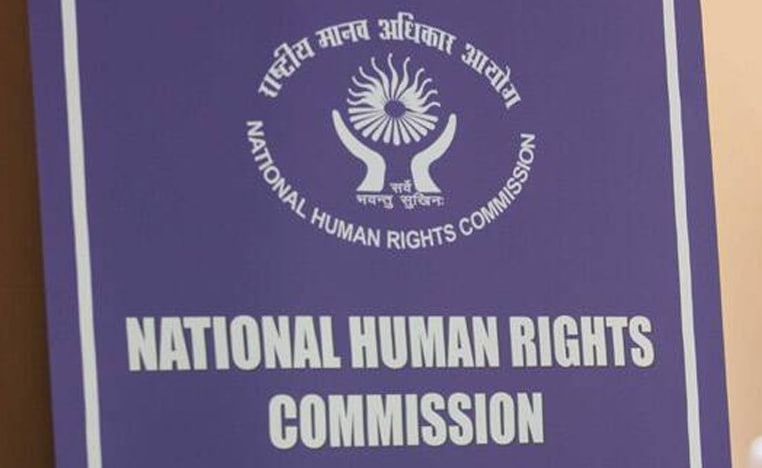Description

Copyright infringement not intended
Picture Courtesy: thelogicalindian.com
Context: Rakesh Asthana, former Delhi police commissioner, is appointed as a special monitor of the National Human Rights Commission (NHRC).
Details
- The Centre appointed seven people, including Rakesh Asthana, as 'special monitors' of the NHRC.
- Each special monitor is assigned specific thematic areas to oversee. Rakesh Asthana, the former Delhi police commissioner, will be responsible for overseeing thematic areas related to terrorism, counter-insurgency, communal riots, and Left-wing extremism.
- The other appointees and their respective thematic areas include;
- Muktesh Chandra (cybercrime and artificial intelligence)
- Amitabh Agnihotri (environment, climate change, and human rights)
- Sanjay Agarwal (elementary education and literacy)
- R K Sama (water, sanitation, and hygiene)
- Manohar Agani (public health, healthcare, and hospitals)
- Jyotsna Sitling (livelihood, skilling, and employment)
- The special monitors will serve with immediate effect and for a period up to September 22, 2025.

Key points about the NHRC's initiative:
- Multidisciplinary Approach: The inclusion of experts from various fields ensures a well-rounded perspective on human rights issues. This multidisciplinary approach enables a more comprehensive understanding of the challenges faced by different segments of society.
- Regional Focus: By assigning special monitors to different states and regions, the NHRC recognizes the importance of addressing localized human rights issues. This approach allows for a targeted response to the specific needs and concerns of different communities.
- Independent and Impartial: The emphasis on the monitors' independence and impartiality is crucial for building trust in the process. Their ability to work independently and access relevant information and authorities strengthens their role as unbiased observers.
- Investigative Role: The special monitors are empowered to conduct investigations, inquiries, and interventions on human rights issues. This proactive stance enables the NHRC to identify problems early on and take timely corrective measures.
- Enhanced Outreach: The NHRC aims to enhance its outreach and effectiveness by deploying special monitors. These monitors can serve as a direct link between the commission and the ground realities, ensuring that human rights concerns are addressed promptly.
- Public Cooperation: The NHRC's appeal to the public for cooperation emphasizes the importance of community engagement in the protection of human rights. Public support and the sharing of information can significantly contribute to the success of the monitors' work.
- Reporting Mechanism: The monitors are tasked with reporting their findings and recommendations to the NHRC. This reporting mechanism is essential for the commission to stay informed about the human rights situation across the country and take appropriate actions.

Conclusion
- The appointment of special monitors by the National Human Rights Commission (NHRC) is a significant step towards ensuring the protection and promotion of human rights in India. The diverse expertise of the monitors in fields such as law, journalism, social work, education, health, and human rights reflects a comprehensive approach to addressing the complex and multifaceted nature of human rights issues.
Must Read Articles:
NATIONAL HUMAN RIGHTS COMMISSION (NHRC): https://iasgyan.in/daily-current-affairs/national-human-rights-commission-nhrc-21
NHRC ACCREDITATION BY GANHRI: https://www.iasgyan.in/daily-current-affairs/nhrc-accreditation-by-ganhri
|
PRACTICE QUESTION
Q. What are the primary functions and powers vested in the National Human Rights Commission in India, and how does it contribute to safeguarding and promoting human rights within the country?
|















